Sundance 2024 (As Seen from a Chicago Basement)
The Reveal went to Sundance (sort of)! Here's a look at some of the most notable films we were able to see.
When I worked as an editor, I was almost always the person who stayed home and tended the fires while others went to film festivals. I went to Sundance once in 2000, a pretty good year that saw the debuts of You Can Count on Me and The Virgin Suicides, among others. Beyond that, I’ve spent some time at the Wisconsin Film Festival but otherwise had to get reports secondhand. As much as I enjoyed reading Scott, Noel Murray, and others report back from fests, I’ll have to admit that, as good as the writing was, their pieces were most useful to me as a moviegoer as kind of mental Post-it notes saying, “Don’t forget this one. It’s good!” (or the opposite).
But thanks to technology and a global pandemic, I’ve been “attending” Sundance the past few years remotely and really enjoyed the experience. Understandably wanting critics to attend in person, the festival dialed back its remote offerings this year, and limited their availability to a few days at the end of the festival. While I could watch competition titles and a handful of other films via the fest’s (impressively functional) app, I could not see some buzzier items like Steven Soderbergh’s Presence, Jane Schoenbrun’s We’re All Going to the World’s Fair follow-up I Saw the TV Glow, and the Will Ferrell / Harper Steele doc Will & Harper. That still left plenty, to be honest, and also compelled me to seek out lower profile titles as I squeezed in as many as I could in a few days from my couch. Short version: there’s some really interesting stuff coming our way in 2024 (or will be, assuming it finds distribution). Consider these some Post-it notes for future reference.
SIX STANDOUTS
A Real Pain
Jesse Eisenberg’s directorial debut When You Finish Saving the World opened the Sundance 2022 with a semi-promising shrug, which makes the assurance of his moving follow-up even more surprising. While again serving as writer and director, Eisenberg also co-stars opposite Kieran Culkin. The two play, respectively, David and Benji, cousins — once close as brothers, now grown a bit distant — who travel together to Poland to trace their family’s history and visit the childhood home of their recently departed grandmother. Joining a tour group led by a well-meaning Brit (Will Sharpe) that includes a recent divorcée played by Jennifer Grey, the two reconnect as they sort through their history. Eisenberg plays the more put-together of the pair, often serving as straight man to a tour-de-force Culkin performance as a character whose ability to win over any room can’t always mask the troubles beneath his gregarious surface.
Girls Will Be Girls
Sundance 2024 didn’t lack coming-of-age stories (or maybe I just gravitated toward them) including this first feature from Indian director Shuchi Talati, set at an exclusive private school in the Himalayas. It’s there that head prefect and star student Mira (Preeti Panigrahi, one to watch) falls for Sri (Kesav Binoy Kiron), a recent transfer, and starts to explore her sexuality with the studiousness she brings to every other pursuit. Talati uses the setting to explore the school’s conservative and hypocritical sexual mores and Mira’s complex relationship with her alternately overprotective and flirtatious mother Anila (Kani Kusruti). It’s stylistically understated but sexually frank and builds toward a moving, unexpected final image.
Good One
Good One is another striking directorial debut, built around a teen girl’s coming-of-age story that features a breakthrough performance at the center, though the resemblance to Girls Will Be Girls doesn’t go much further than that. The India Donaldson-directed film stars Lily Collias as Sam, a 17-year-old New Yorker who agrees to go on a camping trip with her father Chris (James LeGros) and Chris’s recently divorced best friend Matt (Danny McCarthy). As Chris and Matt rib each other incessantly, while sometimes touching some raw nerves, Sam watches and offers the occasional deadpan observation. Sam’s no stranger to the world of men, but even she’s unprepared to be thrown in middle-aged masculinity’s deep end. Often without words, Collias captures each deepening degree of distaste and disappointment. An unapologetically small movie — Kelly Reichardt’s Old Joy makes a good reference point for reasons beyond plot similarities — Good One is concerned with the fleeting moments that shape character and shift the balance of relationships between parents and children.
Union
Directors Brett Story (The Hottest August) and Stephen Maing (High Tech, Low Life) team up for this verité documentary about the fledgling Amazon Labor Union and its 2022 attempt to unionize a Staten Island facility. With only the occasional title screen providing context, this is very much a ground-level doc, following charismatic leader Chris Smalls as the effort picks up momentum and the opposing forces — which include well-paid union busters and the NYPD — grow in number. The film never ignores the story’s complexities — one late-film defector from the cause makes some salient points, for instance — or tries to shape the material into a feel-good narrative, despite the union’s much-covered, but possibly pyrrhic, victory.
Daughters
Similarly, Natalie Rae and Angela Patton’s Daughters doesn’t attempt to tidy up the messiness of its central event, the first Date With Dad dance held at a Washington D.C. prison, despite Patton being one of the event’s founders as part of the parent organization Girls for Change. Where another doc might have focused tightly on the dance itself, Daughters follows four girls and their fathers over several years, depicting the girls’ complicated emotions about their missing dads, the classwork and self-reflection the fathers need to go through before being allowed to participate in the dance (often the first time they’ve seen their children in person since being incarcerated), and where their lives take them in its aftermath. The program places a bet on human connection breaking a destructive cycle. It’s wrenching to witness that bet paying off in some cases and failing in others.
Ibelin
If you want to avoid being put through the emotional wringer by back-to-back documentaries, don’t program Daughters as a double feature with Ibelin, the latest from The Painter and the Thief director Benjamin Ree. The doc tells the story of Mats Steen, a Norwegian born with a progressive muscular disease that slowly robbed him of his abilities before killing him at 25. Steen was rarely able to leave his apartment in his final years, but when his parents posted the news of his death to their son’s blog, they were greeted with an outpouring of condolences from the many who knew Mats from World of Warcraft, where he lived a rich, and sometimes complicated, online existence for years. Ree’s film reconstructs Steen’s life via interviews with friends and family and animated segments inspired by the look of the game made using preserved chats.
TWO PRETTY GOOD MOVIES RECOMMENDED WITH CAVEATS
Handling the Undead
Festival coverage is the first draft of movie history and sometimes that draft is written with a shaky hand. I watched Handling the Undead at the end of a long day when I might not have had enough patience for it because, recalling it now, it sounds like the sort of movie I ought to love instead of merely respect. Adapting a novel by Let the Right One In author John Ajvide Lindqvist, Thea Hvistendahl’s film is a slow-motion zombie movie that uses the undead as a way to depict various forms of grieving. It’s stylish, maintains a pensive, melancholy tone, and features a haunting final image. I love the concept and it might well reveal itself as a masterpiece on a second viewing, but I also found myself losing patience with it akin to Milhouse waiting for the fireworks factory. (A bit of trivia: The Worst Person in the World’s Renate Reinsve and Anders Danielsen Lie both make appearances but, due to the film’s structure, never together.)
Kneecap
The Belfast-based Irish-language hip-hop trio Kneecap plays themselves in this high-spirited origin story that at times recalls Trainspotting. Despite lyrics dominated by sex, drugs, and criminal misadventures, simply rapping in Irish makes the group controversial in Northern Ireland, where speaking Irish has become a mark of pride for those on the republican side of the political divide. Their ascent finds them running afoul of the police, radio censors, and anti-drug republican thugs. (It’s fictionalized, but not as fictionalized as you might imagine.) The group’s charisma easily translates to the screen and the film’s tour of contemporary Northern Ireland is both entertaining and enlightening. It’s just a shame Kneecap takes too many big swings in a final act that up the stakes while dragging a winning film into formulaic territory.
TWO CROWD PLEASERS THAT MAKE ME FEEL UNGENEROUS I DIDN’T LIKE THEM MORE
Didi
Sean Wang’s coming-of-age story won the Audience Award in the drama category and it’s not hard to see why. Izaac Wang makes a winning lead as Chris Wang, the son of immigrants from Taiwan trying to figure out how to be a teen in the summer of 2008. Wang’s film honestly depicts thorny relationships and contains many cultural details specific to the early days of social media. Didi is a solid effort, but also one that ends up feeling like the sort of coming-of-age story you’ve seen before in a festival heavy on coming-of-age stories of the sort you haven’t.
Thelma
First things first: 94-year-old June Squibb is pretty great in her first-ever lead performance. It’s worth seeing Thelma for that alone. Thelma also has a fun opening stretch that warmly depicts the relationship between Squibb’s character, a retiree named Thelma, and the family (Clark Gregg, Parker Posey, and Fred Hechinger) who fears she shouldn’t be living alone anymore, while setting up a plot that puts Thelma on a mission to find the telephone scammers who took advantage of her. Then Josh Margolin’s film develops a degenerative case of the cutes (though Richard Roundtree does get a nice swan song as Thelma’s sort-of friend / partner in crime).
So what conclusions can we draw about the state of Sundance / the state of film from these? I don’t think I have a large enough sample size to make any, and doubt I could even if I saw every film that played. But if Sundance is the unofficial launch of the film year, then what I saw indicates 2024 will be lively. And if the core mission of Sundance itself is to showcase what’s next and what matters in a film world now even more dominated by gargantuan fare than when it began, the best suggest it’s still on the right track.




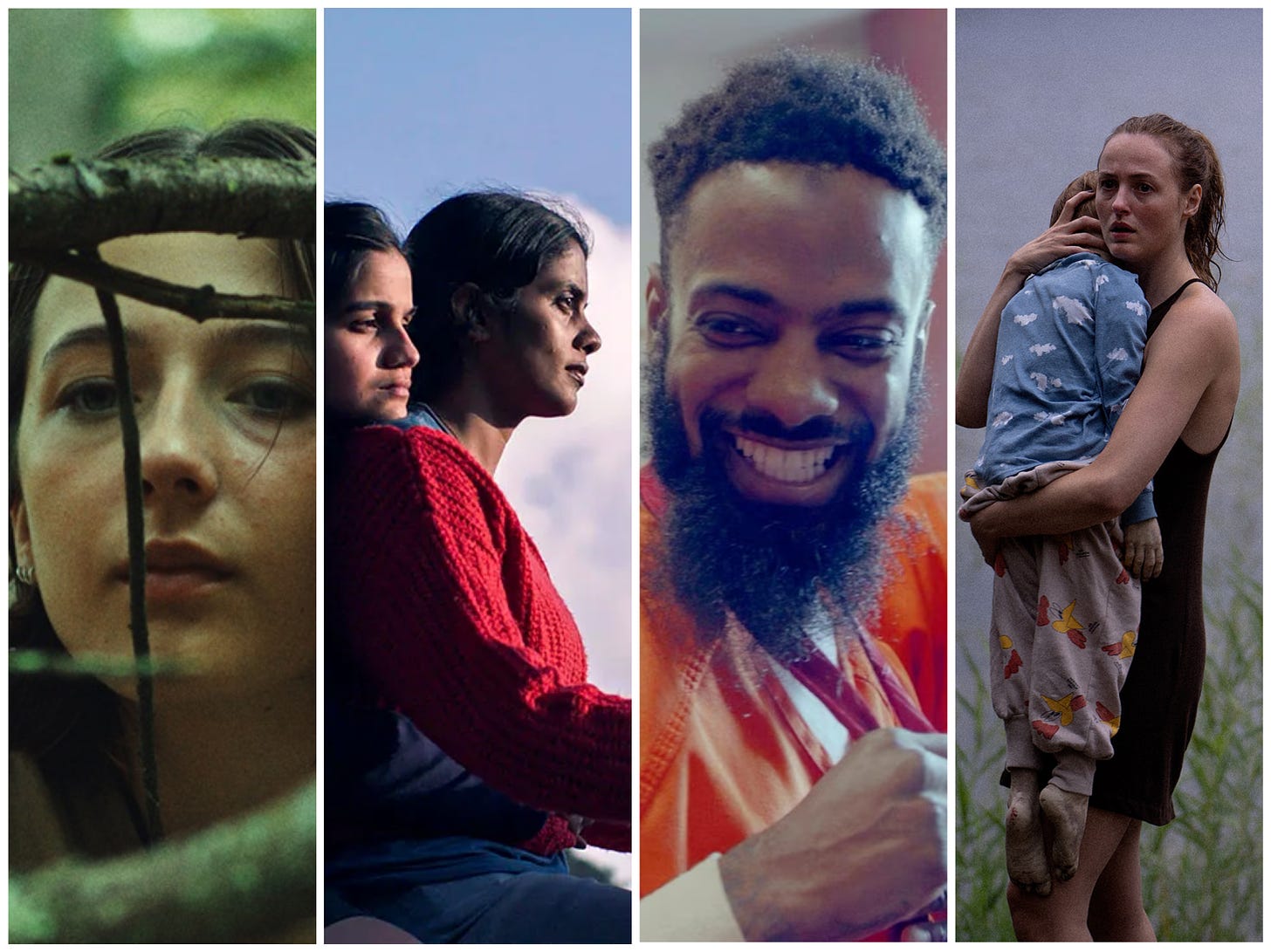
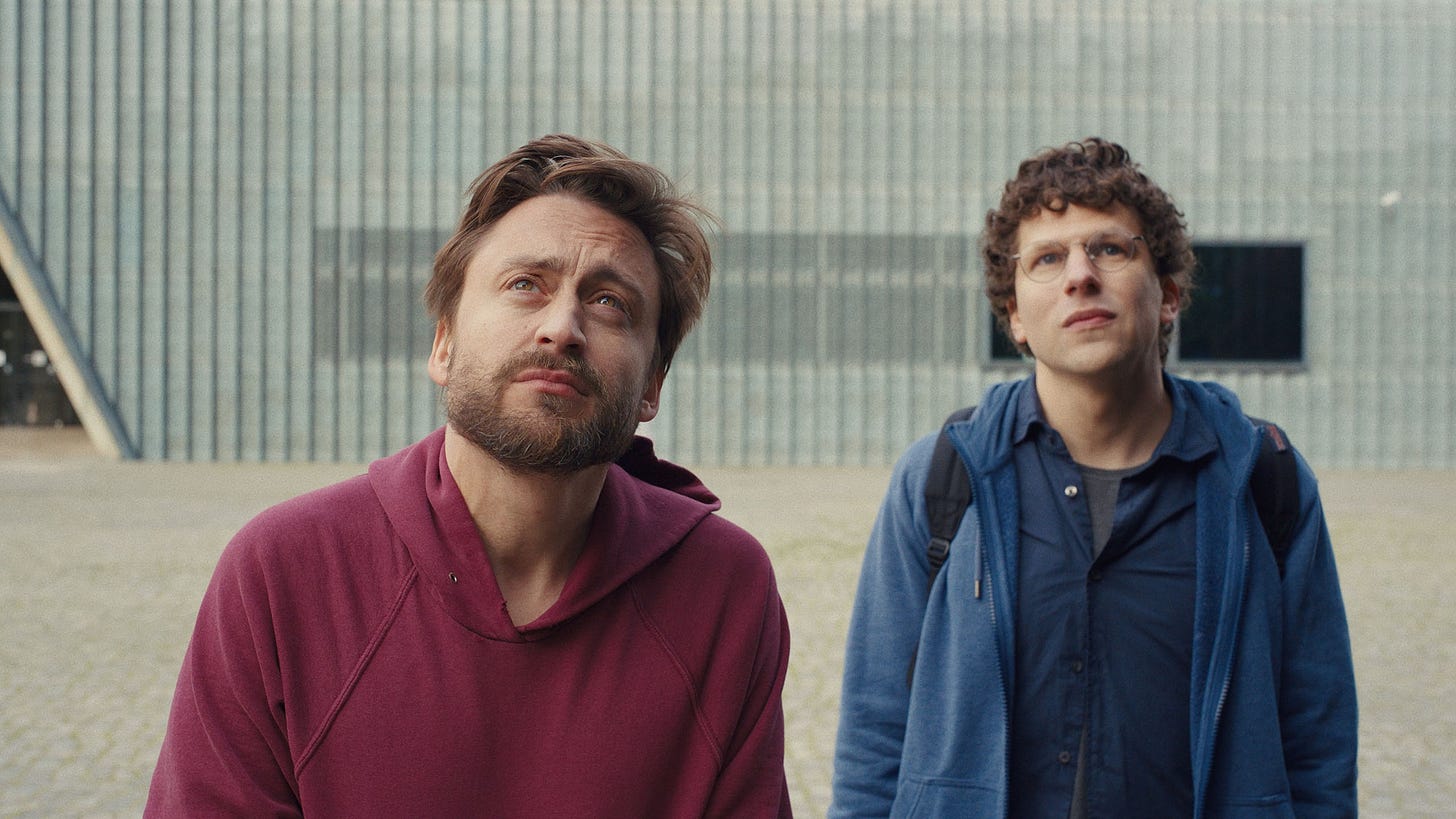
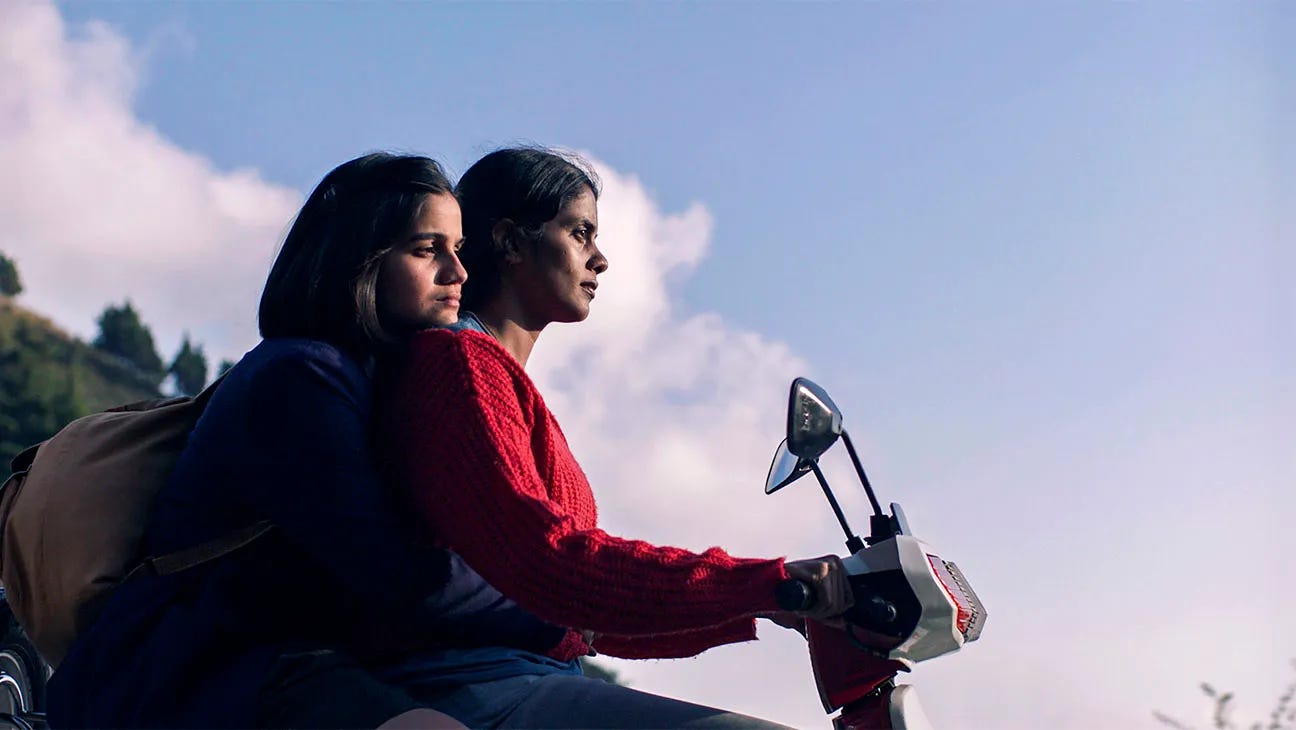
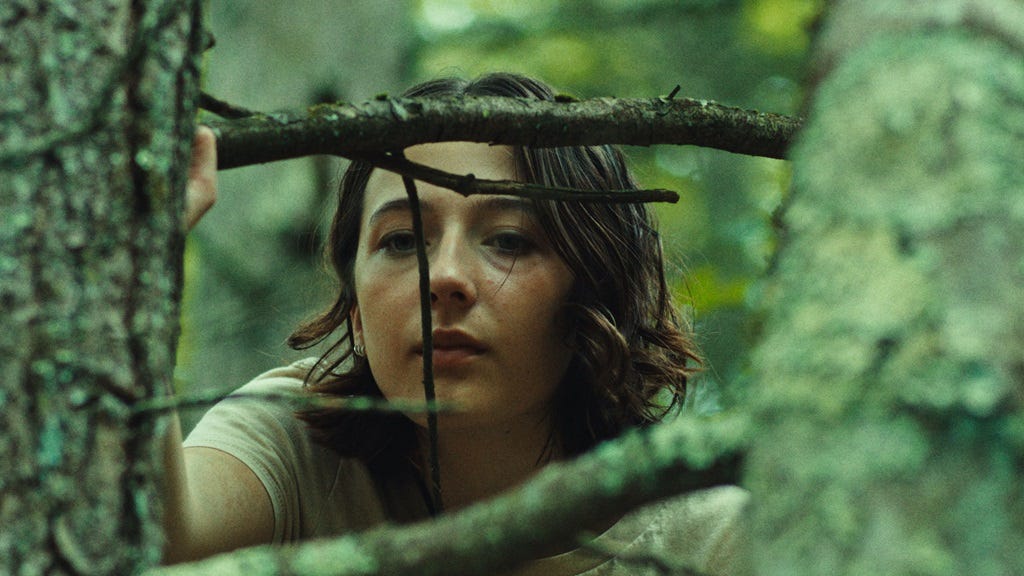
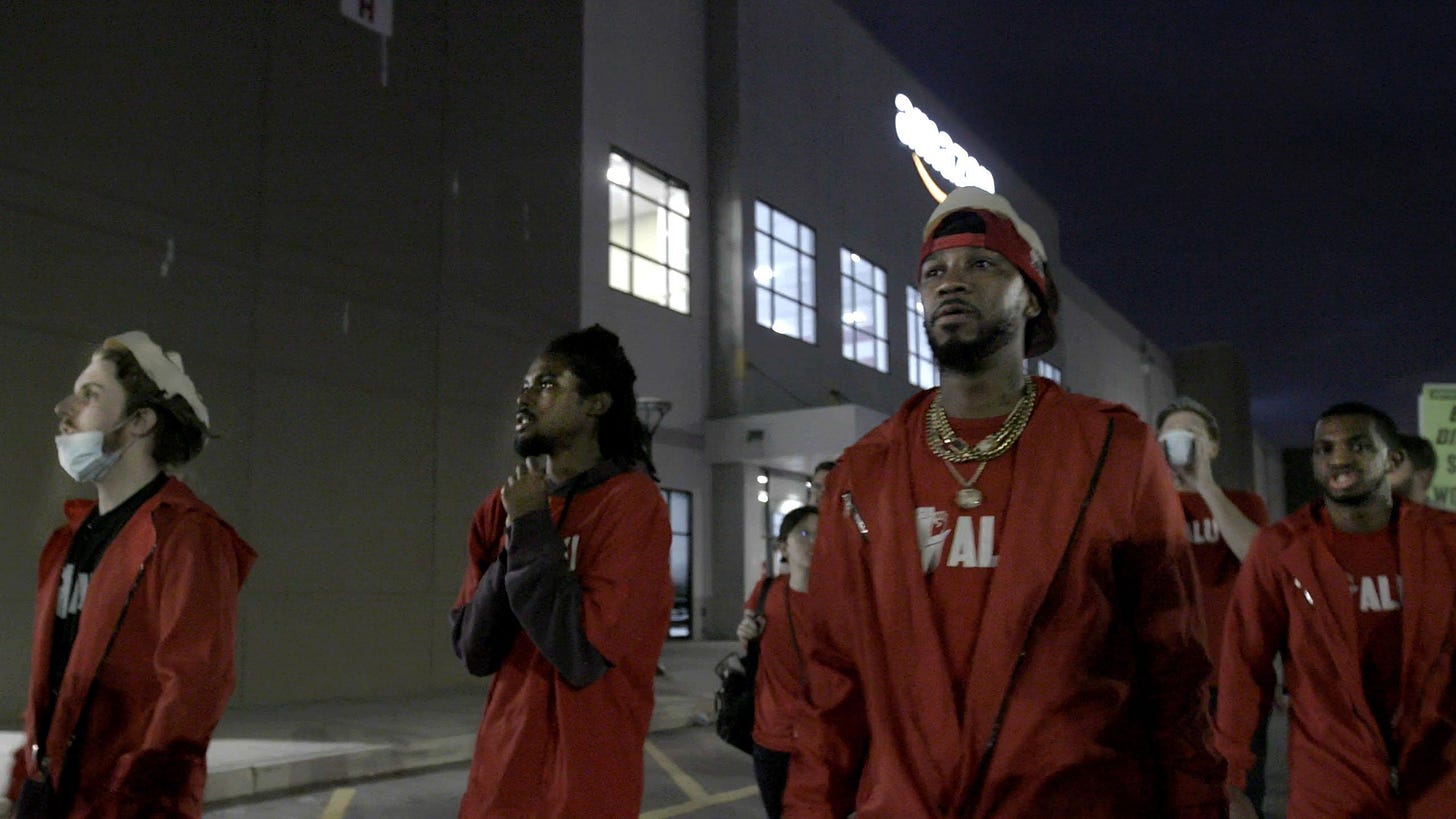
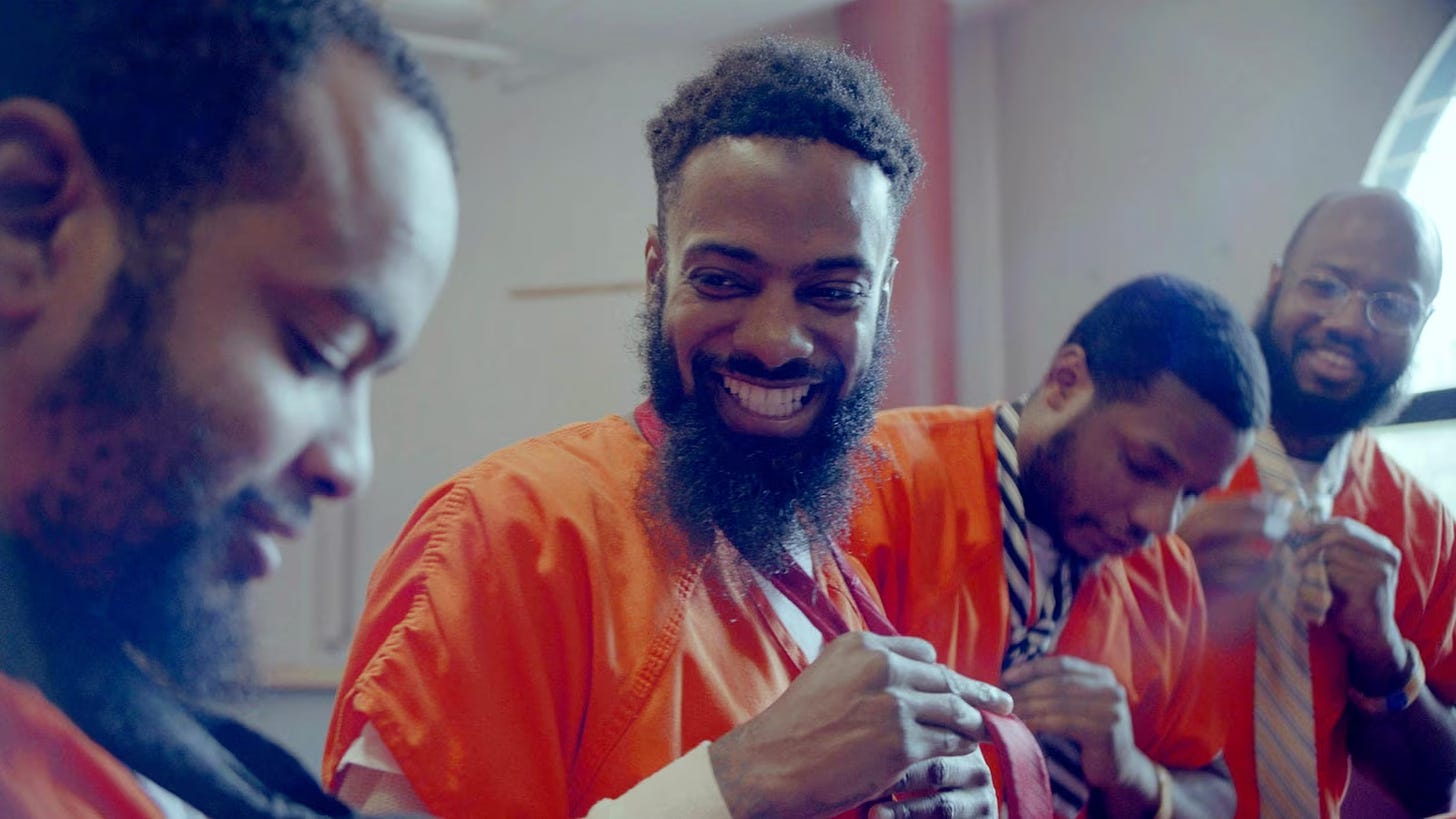
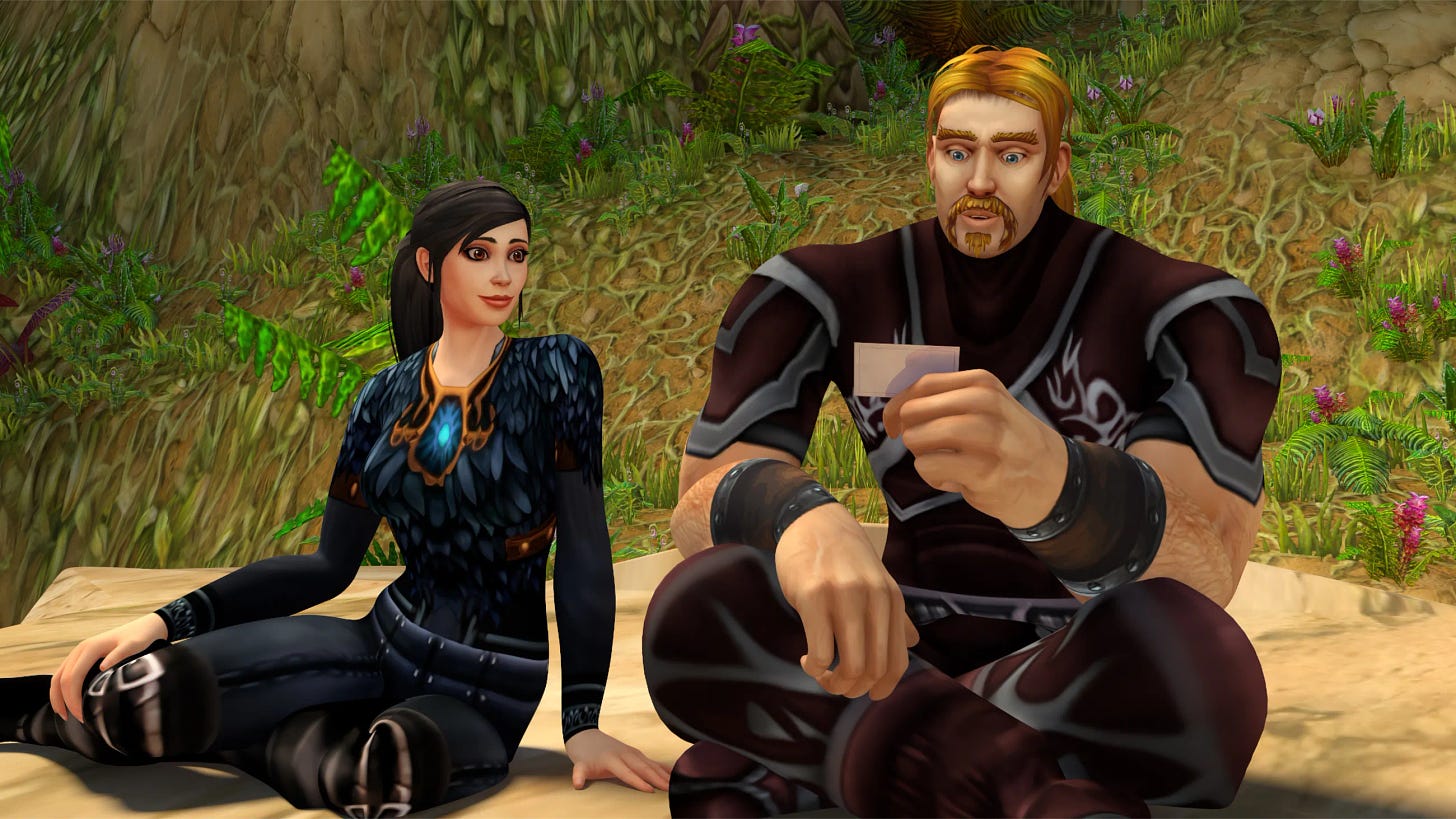
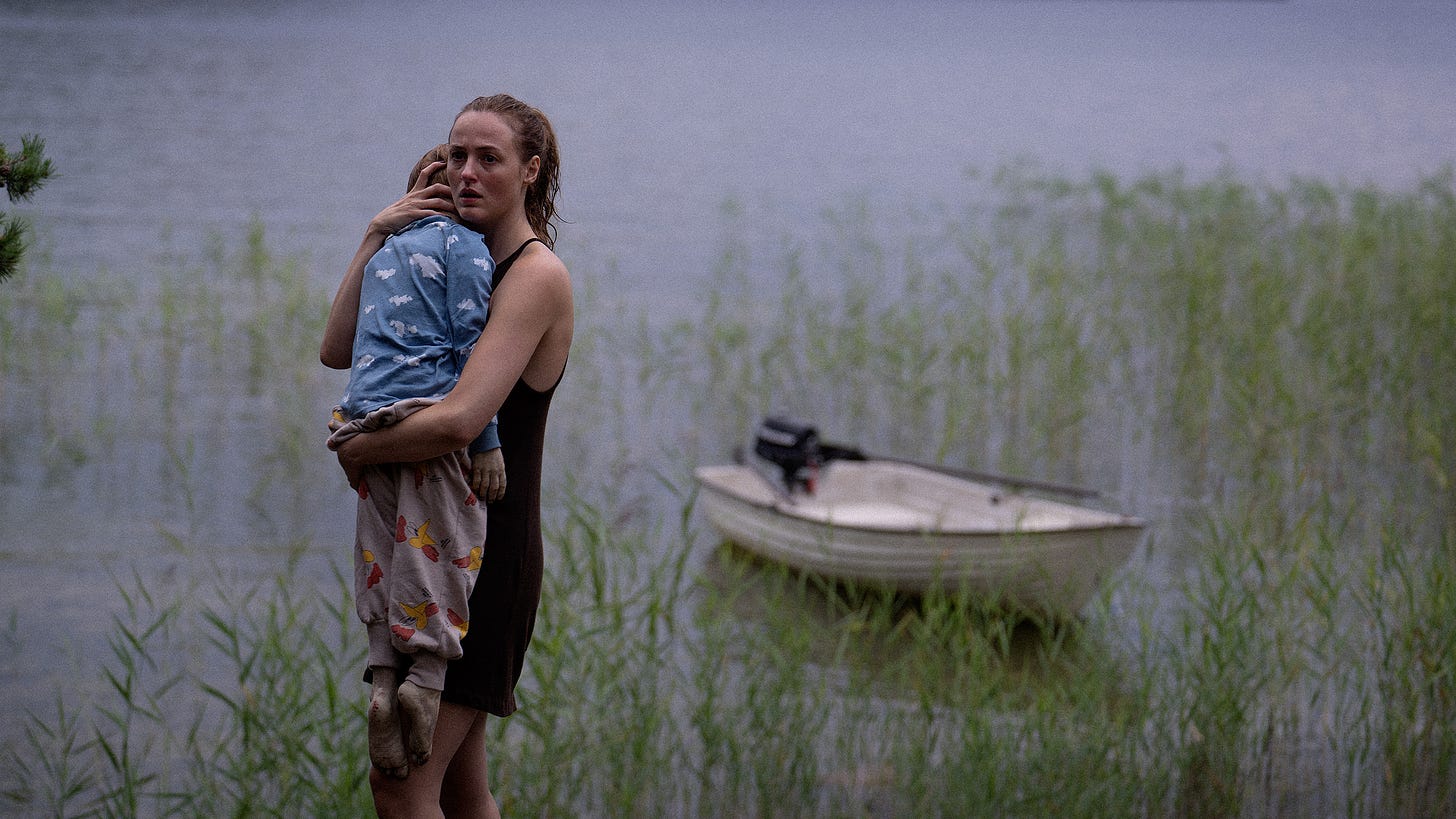
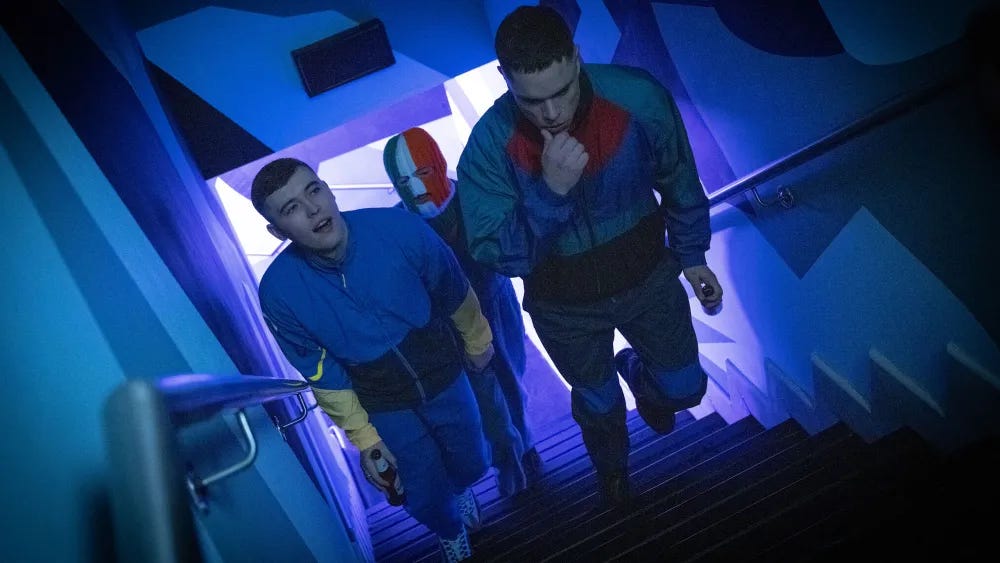

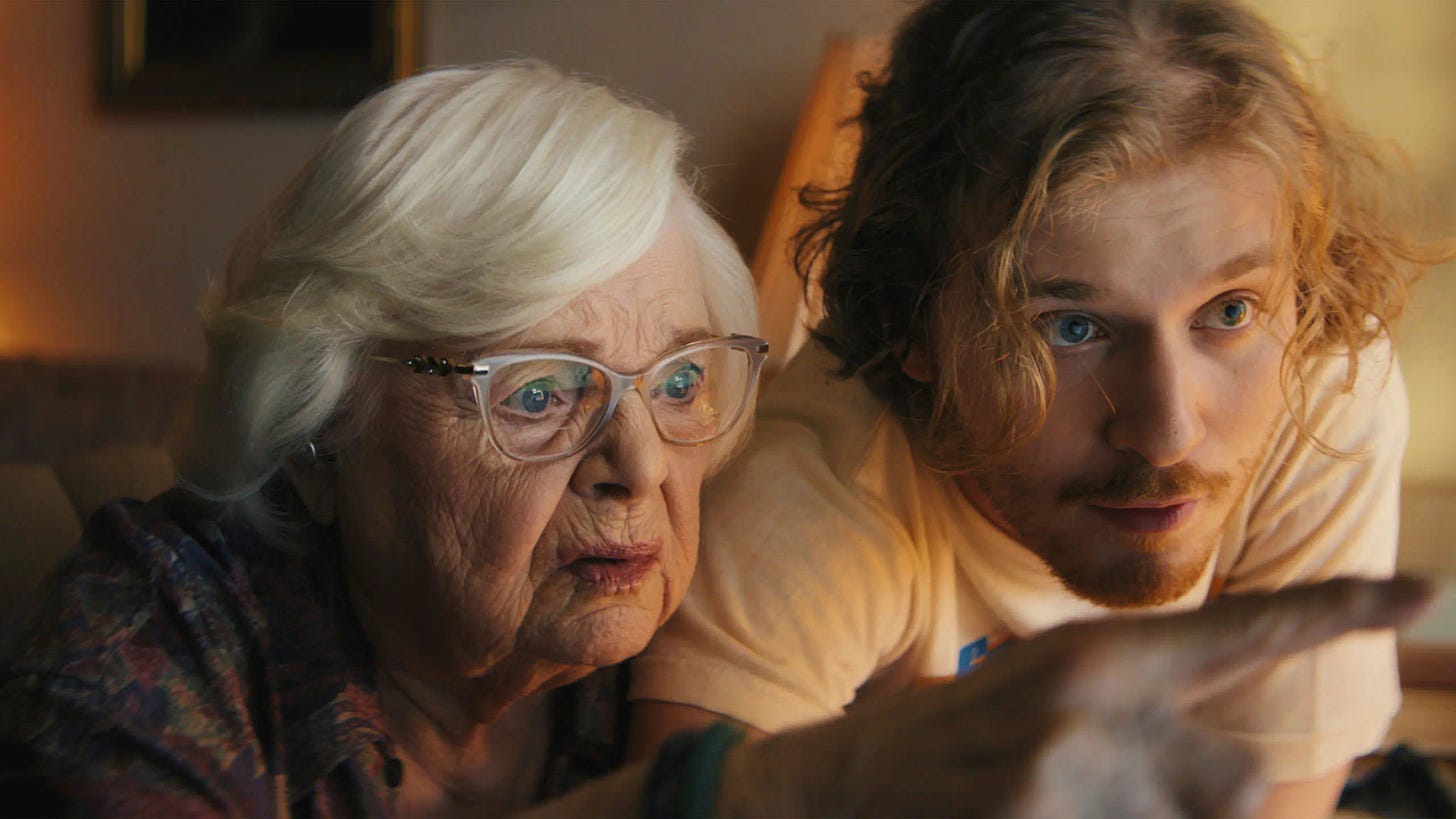
Enjoyed the festival coverage. Two of my faves were both coming of age stories as well: Sujo and In the Summers. The first was about growing up in rural Mexico in the shadow of the drug cartels, and the second is the story of a "visitation Dad" and his summers with his daughters (played at different ages by different young actresses). The themes were universal and resonated with me although my childhood was nothing like those depicted in these films.